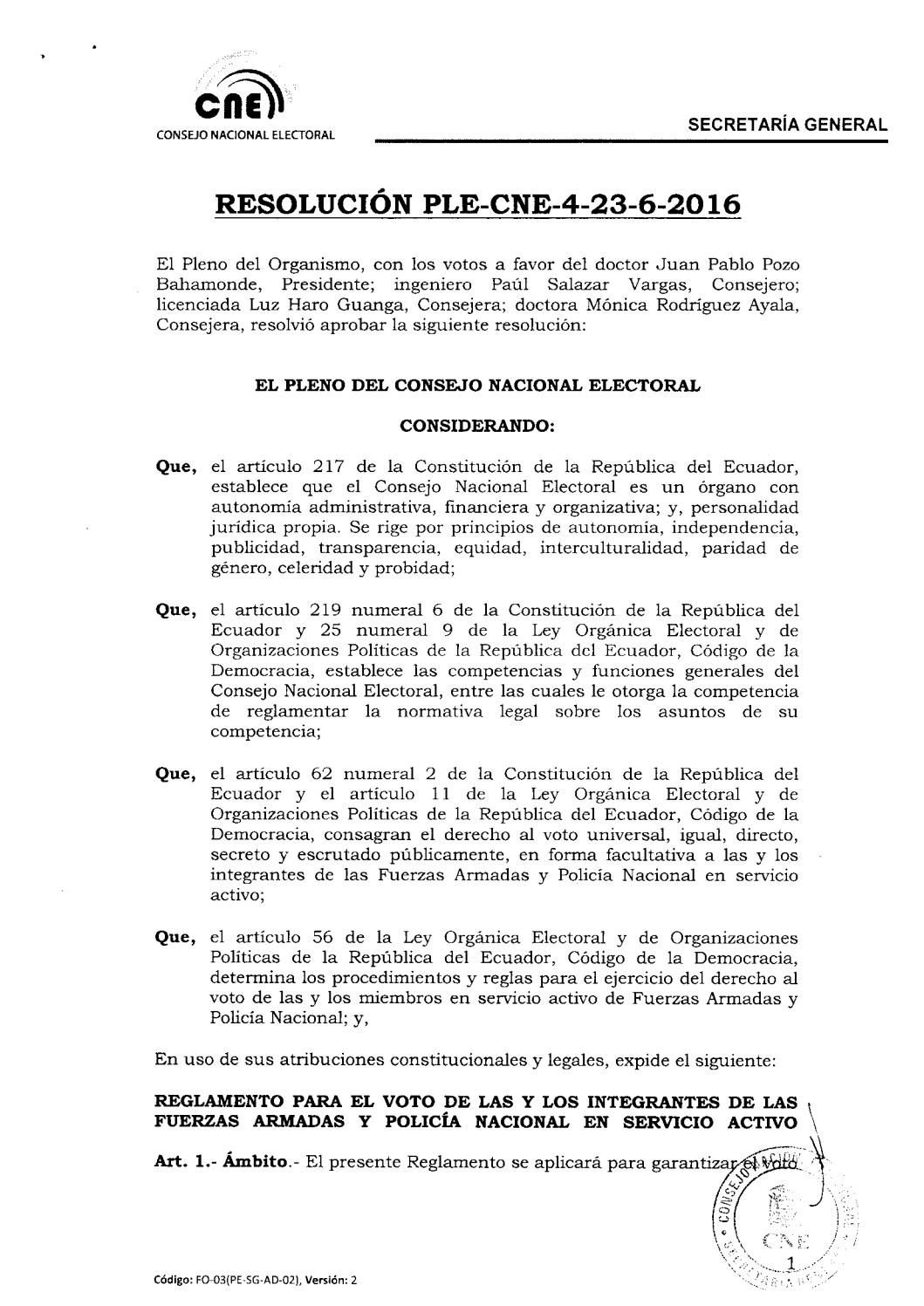Interdisciplinary And Transdisciplinary Approaches: A Necessary Shift In Research

Table of Contents
Addressing Complex Challenges Through Interdisciplinary Research
Overcoming the Limitations of Disciplinary Boundaries
Traditional research often operates within strict disciplinary boundaries, limiting the scope of inquiry and hindering the development of comprehensive solutions. Complex problems, such as climate change, require a multifaceted understanding encompassing environmental science, economics, sociology, and policy. Disciplinary silos prevent the integration of crucial perspectives, leading to fragmented knowledge and ineffective strategies.
- Climate Change: Understanding the impact of climate change requires integrating biological, physical, and social sciences to effectively address mitigation and adaptation strategies.
- Public Health Crises: Combating pandemics necessitates collaboration between epidemiologists, virologists, public health officials, and behavioral scientists to develop effective prevention and treatment strategies.
- Economic Inequality: Tackling economic inequality requires insights from economists, sociologists, political scientists, and policymakers to develop effective and equitable solutions.
Enhanced Research Methodology and Data Analysis
Interdisciplinary research fosters the integration of diverse research methodologies, leading to richer datasets and more robust analytical techniques. Combining qualitative and quantitative methods allows researchers to explore both the "what" and "why" of a phenomenon, generating a more nuanced understanding.
- Mixed Methods Approach: Combining surveys (quantitative) with in-depth interviews (qualitative) to understand public attitudes towards a specific policy.
- Experimental and Observational Studies: Integrating laboratory experiments with real-world observations to validate research findings and generalize results.
This multi-faceted approach enhances the validity and reliability of research findings, contributing to more robust and trustworthy conclusions.
Fostering Innovation and Knowledge Creation
The cross-pollination of ideas from different disciplines is a powerful catalyst for innovation. Interdisciplinary collaborations create environments where researchers challenge existing assumptions, leading to novel solutions and unexpected breakthroughs. The synergy between disciplines can generate innovative approaches, fostering creativity and accelerating knowledge creation.
- Example: The development of new materials often involves collaboration between chemists, physicists, and engineers, resulting in breakthroughs with applications in diverse fields.
The Transformative Power of Transdisciplinary Research
Beyond Disciplinary Integration: A Holistic Approach
Transdisciplinary research goes beyond simple integration; it aims to transcend disciplinary boundaries altogether, creating new knowledge and solutions that are fundamentally different from those generated within single disciplines. It actively involves stakeholders beyond academia—policymakers, practitioners, and community members—in the research process.
- Focus: Transdisciplinary research is driven by real-world problems and aims to produce actionable outcomes with tangible societal impact.
Stakeholder Engagement and Co-creation of Knowledge
Transdisciplinary research is inherently participatory, emphasizing the co-creation of knowledge with stakeholders. This collaborative approach enhances the relevance and impact of research findings, ensuring that the research directly addresses the needs and concerns of those affected.
- Example: A transdisciplinary project investigating community health might involve researchers, healthcare providers, community leaders, and residents working together to design and implement interventions.
This participatory approach strengthens the translation of research findings into practical solutions and policies.
Challenges and Considerations in Transdisciplinary Research
While offering significant advantages, transdisciplinary research presents unique challenges. Communication barriers between disciplines, power imbalances among stakeholders, and differences in research cultures can hinder collaboration.
- Strategies for Success: Establishing clear communication protocols, fostering trust and mutual respect among stakeholders, and adopting robust governance structures are crucial for successful transdisciplinary projects. Addressing ethical considerations throughout the research process is equally vital.
The Future of Research: Embracing Interdisciplinary and Transdisciplinary Approaches
Funding agencies and policymakers are increasingly recognizing the value of interdisciplinary studies and transdisciplinary approaches. The future of research lies in embracing these collaborative models to effectively address complex global challenges. This requires a shift in research training and education, fostering interdisciplinary skills and promoting collaborative research cultures.
A Call for Collaborative Research – The Future is Interdisciplinary and Transdisciplinary
Adopting interdisciplinary research and transdisciplinary research methods offers substantial benefits: enhanced problem-solving, increased innovation, improved research validity, and greater societal impact. To effectively address complex global challenges, a shift towards these collaborative approaches is not just desirable, but essential. We must move beyond the limitations of traditional disciplinary boundaries and embrace the transformative power of collaborative research. Start exploring interdisciplinary and transdisciplinary research methods today to contribute to solving the world's most pressing problems. For further resources and information on collaborative research initiatives, explore [link to relevant organization 1] and [link to relevant organization 2].

Featured Posts
-
 Fecha Limite Cne Inscripcion Candidatos Fuera De Primarias
May 19, 2025
Fecha Limite Cne Inscripcion Candidatos Fuera De Primarias
May 19, 2025 -
 Justyna Steczkowska Zaskakuje Po Raz Kolejny Taniec W Reczniku
May 19, 2025
Justyna Steczkowska Zaskakuje Po Raz Kolejny Taniec W Reczniku
May 19, 2025 -
 Militarizacion Del Cne Fuerzas Armadas Intervienen En Sesion Electoral
May 19, 2025
Militarizacion Del Cne Fuerzas Armadas Intervienen En Sesion Electoral
May 19, 2025 -
 Art Review Modern Life A Global Artworld 1850 1950 2025 Perspective
May 19, 2025
Art Review Modern Life A Global Artworld 1850 1950 2025 Perspective
May 19, 2025 -
 Najwieksza Porazka Polskich Preselekcji Do Eurowizji Glosujcie
May 19, 2025
Najwieksza Porazka Polskich Preselekcji Do Eurowizji Glosujcie
May 19, 2025
Latest Posts
-
 L Tzoymis Kai I Enallaktiki Toy Gia To Kypriako O Dromos Toy Kateynasmoy
May 19, 2025
L Tzoymis Kai I Enallaktiki Toy Gia To Kypriako O Dromos Toy Kateynasmoy
May 19, 2025 -
 To Kypriako Zitima Kateynasmos I Antiparathesi I T Hesi Toy L Tzoymi
May 19, 2025
To Kypriako Zitima Kateynasmos I Antiparathesi I T Hesi Toy L Tzoymi
May 19, 2025 -
 Times Kaysimon Kypros Enimeromenos Odigos
May 19, 2025
Times Kaysimon Kypros Enimeromenos Odigos
May 19, 2025 -
 Kypriako I Simasia Toy Kateynasmoy Enanti Tis Antithesis
May 19, 2025
Kypriako I Simasia Toy Kateynasmoy Enanti Tis Antithesis
May 19, 2025 -
 Anazitisi Gia Fthina Kaysima I Kypros Se Arithmoys
May 19, 2025
Anazitisi Gia Fthina Kaysima I Kypros Se Arithmoys
May 19, 2025
